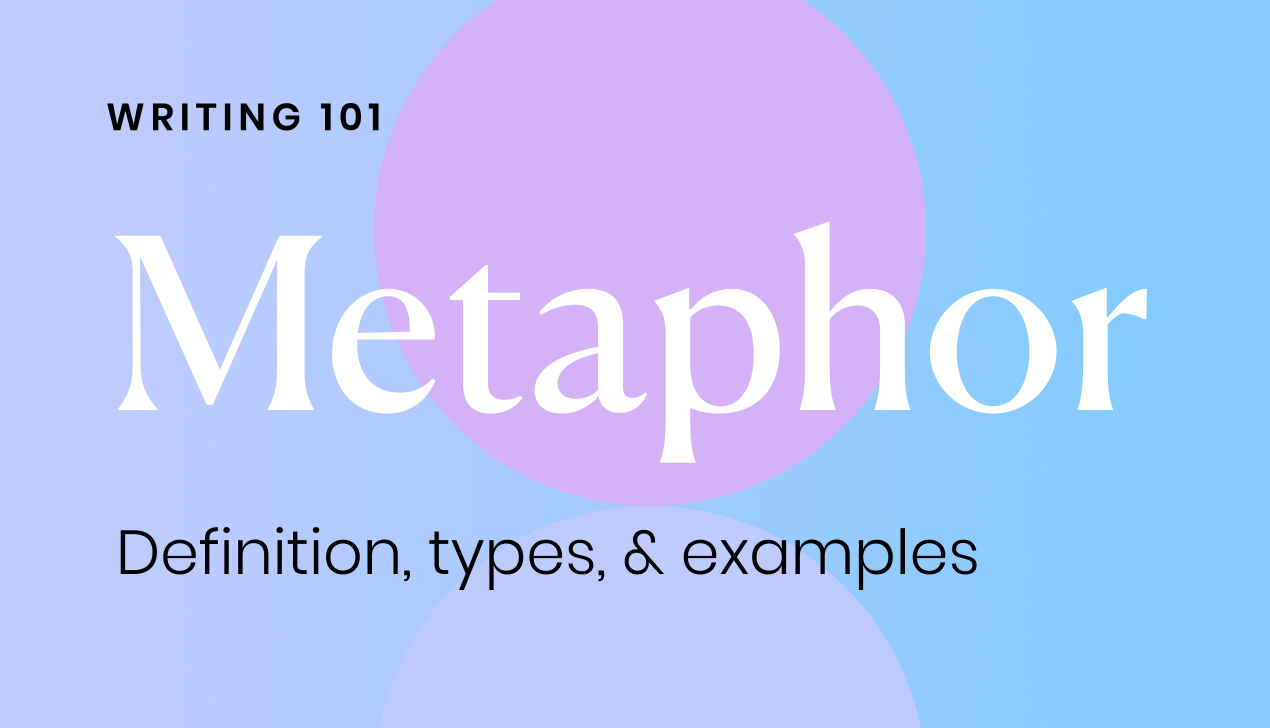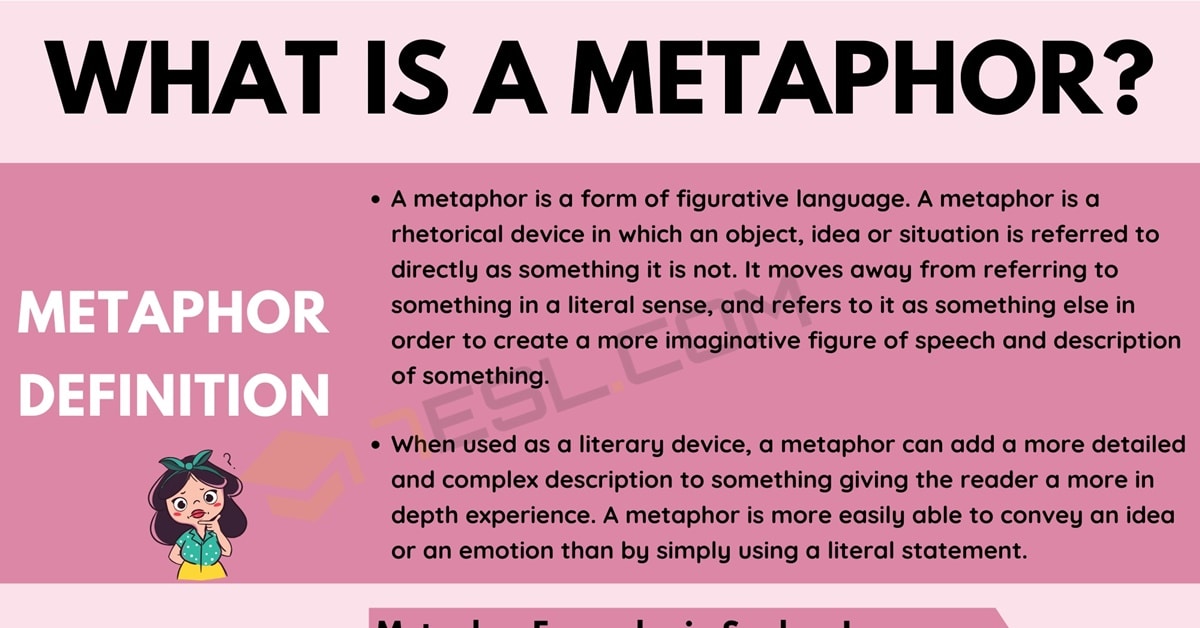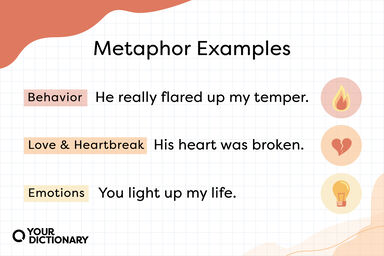Ever heard someone say they have "eyes in the back of their head"? It's a catchy phrase, but what does it really mean? In this article, we’re diving deep into the metaphorical waters of this expression, exploring its origins, significance, and how it fits into the wider realm of literary devices. By the end, you’ll not only understand this quirky phrase but also enhance your ability to identify and interpret metaphors in writing. So, grab a comfy seat, and let’s unpack the layers of this fascinating expression!

What Does "Eyes in the Back of My Head" Really Mean?
At its core, the phrase "eyes in the back of my head" is a metaphor often used to describe someone who seems to be aware of everything happening around them, even things that are not directly visible. It’s usually said in a humorous or exaggerated context, like when a parent knows exactly what their kid is up to, even when they’re not looking.

The Origins of the Metaphor
The origins of this metaphor can be traced back to the human need for vigilance and awareness. While no one literally has eyes in the back of their heads, the phrase conveys an almost superhuman ability to perceive and understand one’s surroundings. This kind of perceptiveness is often celebrated in literature and everyday conversations, allowing us to express admiration for someone's attentiveness.
Examples of Metaphors and Their Meanings
To fully appreciate "eyes in the back of my head," let’s explore some other examples of metaphors and their meanings.
- "Time is a thief." This metaphor suggests that time steals moments from our lives, emphasizing the fleeting nature of time itself.
- "The world is a stage." This famous line from Shakespeare implies that life is performative, and we all play roles in the grand theater of existence.
Understanding these metaphorical expressions can enhance your grasp of language and communication. So, the next time someone says "time is a thief," you won’t just nod along—you’ll appreciate the deeper meaning behind the words.

Understanding Metaphor Meaning in Poetry
Metaphors are particularly powerful in poetry, where every word counts and imagery reigns supreme. They allow poets to convey complex emotions and ideas in ways that resonate with readers. When analyzing poetry, look for metaphors that evoke strong imagery or emotions.
For instance, in Robert Frost's poem "The Road Not Taken," the fork in the road serves as a metaphor for choices in life. It’s not just about literal paths; it’s about the decisions we make and their consequences. By understanding metaphor meaning in poetry, you can unlock deeper interpretations and appreciate the artistry behind the words.

How to Identify Metaphors in Writing
Identifying metaphors in writing is easier than you might think! Here are some quick tips to help you spot them:
-
Look for Comparisons: Metaphors often compare two unlike things without using "like" or "as." If you see a statement that seems to draw a parallel between two distinct ideas, you might be looking at a metaphor.
-
Check for Imagery: Metaphors often create vivid pictures in your mind. If a phrase evokes a strong image, it's likely metaphorical.
-
Context is Key: Consider the surrounding text. Sometimes, the meaning of a metaphor can be clearer when you understand the overall theme or subject matter of the piece.
By honing your skills in identifying metaphors, you can enhance your reading comprehension and enrich your own writing!
Importance of Metaphor Meaning in Communication
Finally, let’s talk about why understanding metaphor meaning is crucial in communication. Metaphors help convey complex ideas in relatable ways, making them an essential tool in effective communication.
-
Enhancing Clarity: Metaphors can clarify abstract concepts. For example, saying "he's a lion on the field" instantly communicates someone’s bravery and strength without needing a lengthy explanation.
-
Building Connections: They create emotional connections with the audience. A well-placed metaphor can resonate with listeners, evoking feelings that plain language might fail to achieve.
-
Adding Color to Language: Metaphors add richness to language, making conversations more engaging. They spice things up and keep the audience hooked, which is especially important in persuasive writing and speeches.
Understanding metaphor meaning in communication not only boosts your linguistic skills but also enhances your ability to connect with others on a deeper level.
Conclusion
So, there you have it! The phrase "eyes in the back of my head" is more than just a humorous expression; it’s a metaphor that captures the essence of awareness and perceptiveness. By exploring its meaning, examples, and the significance of metaphors in writing, you’re now equipped to appreciate the beauty and power of language.
Next time you hear this quirky phrase or come across a metaphor in poetry or conversation, you’ll be ready to decode its deeper meaning. So go ahead, embrace the world of metaphors, and watch your communication skills soar! If you found this article enlightening, why not share it with a friend? After all, we all could use a little more metaphorical insight in our lives!